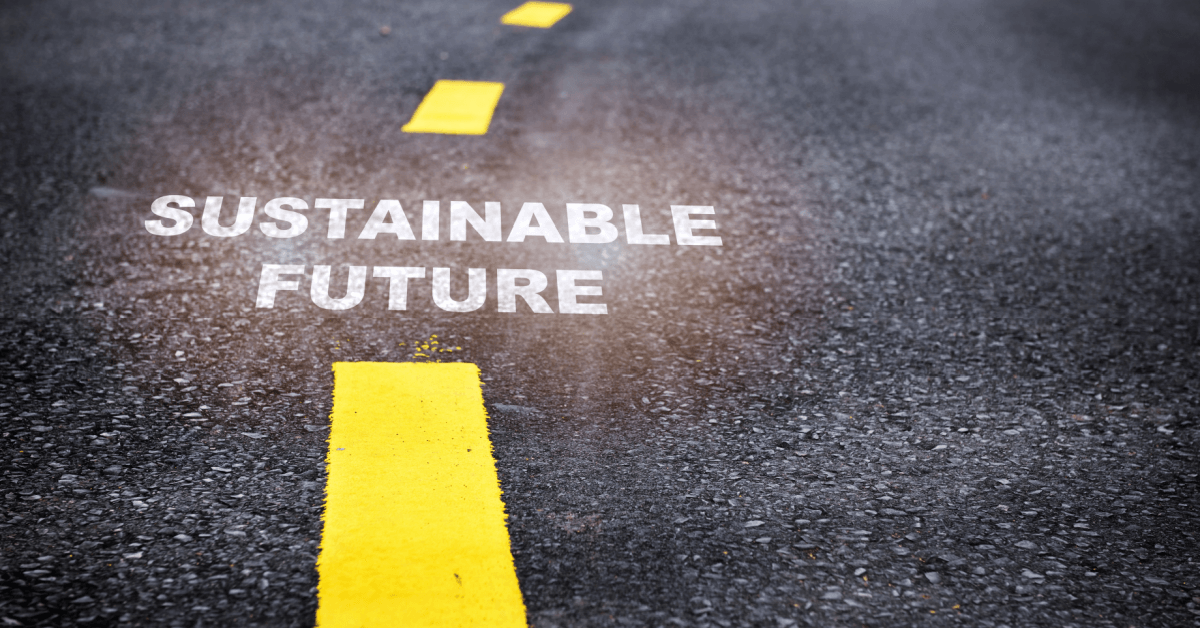February 5, 2024
As extreme weather events pound urban and rural communities across the world there is little dispute that global warming linked to fossil fuel usage is changing our landscapes and cities. In the recent COP28 (Conference of Parties) meeting, for the first time, countries agreed that it was necessary to “transition away from fossil fuels in energy systems” and that this should happen “in a just and equitable manner”. Although this seems like progress, for some COP is more of a cop out. Countries are not accountable for taking action and no timeframe has been established.
Many governments, businesses and corporations claim to be acting and changing policies and practices to reflect the public’s desire for action in order to prevent further global warming and reduce greenhouse gasses. The term ‘greenwash’ describes a key idea that a company or individual may fool or trick the public into buying their goods or services believing that they are sustainable and helping to save our planet. However there are no government regulations or rules to classify what is included for the ingredients or procedures when it comes to product labels using such terms as ‘green’, ‘eco -friendly’ and ‘natural’.
…
